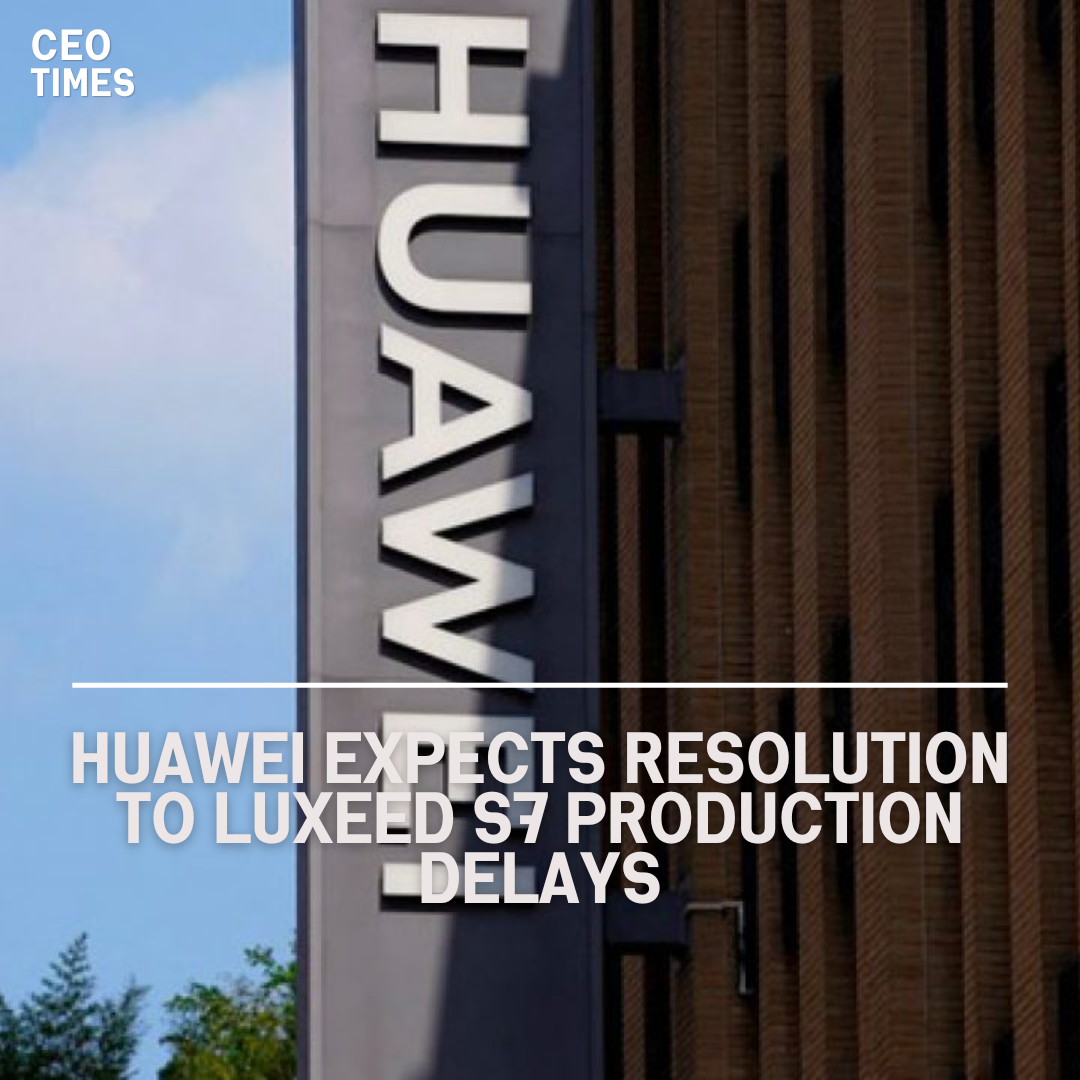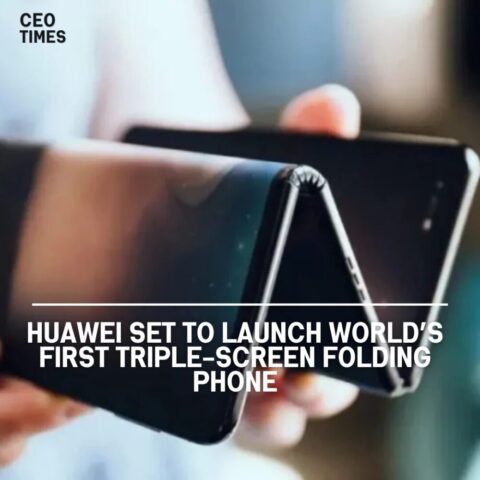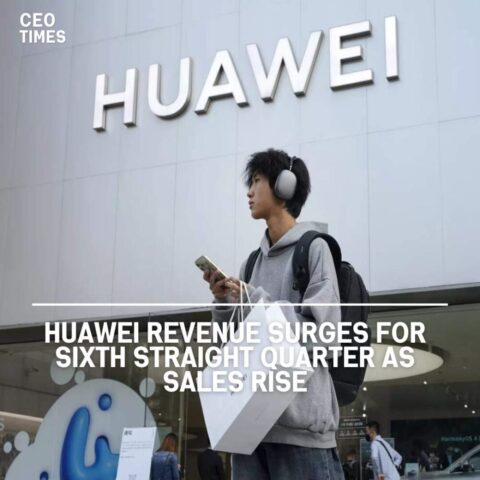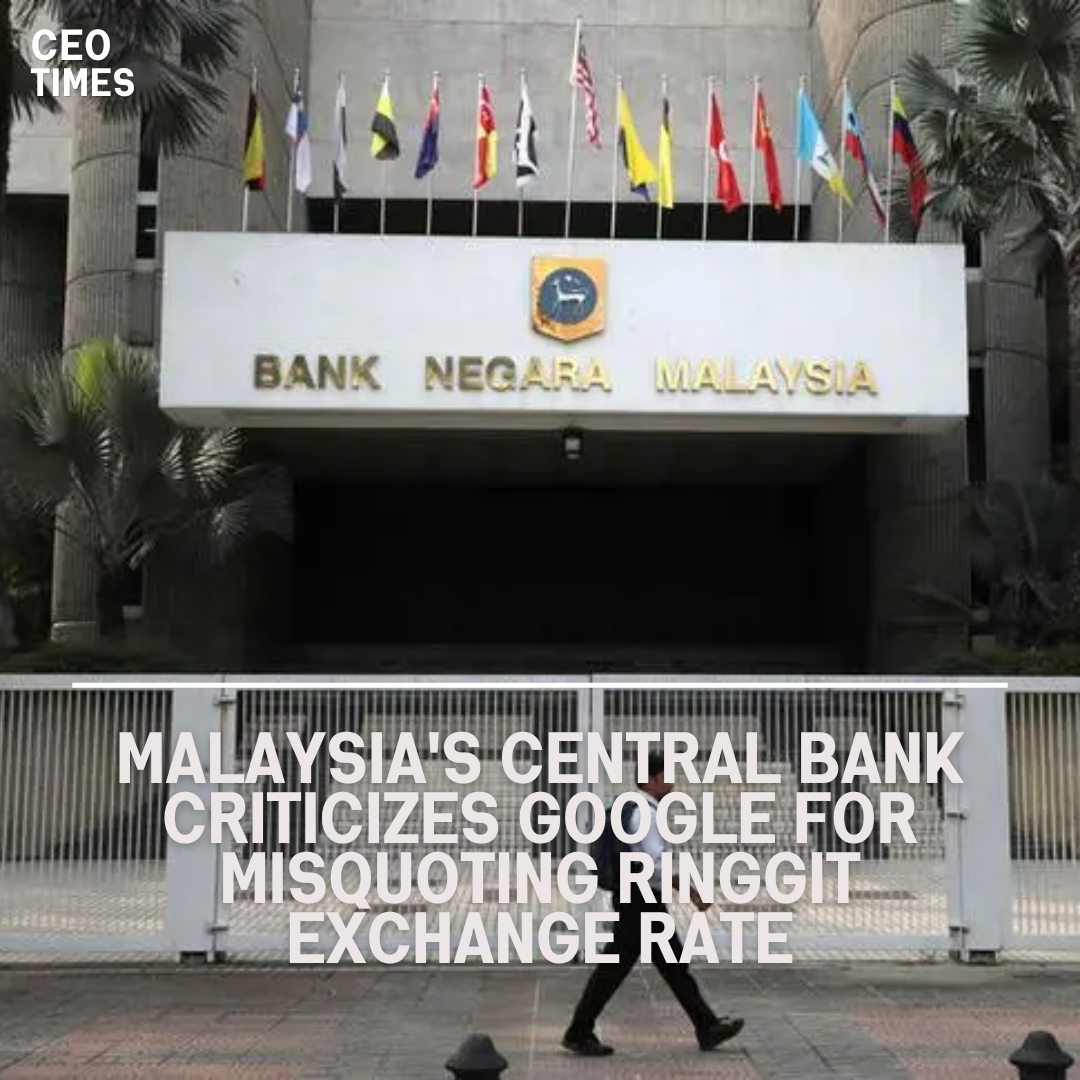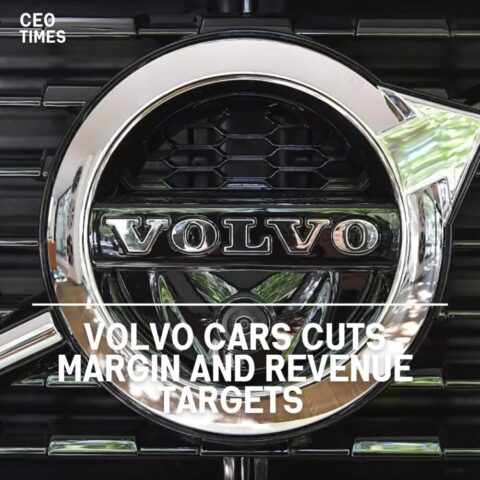Huawei acknowledges issues affecting the production and delivery of its Luxeed S7 sedan, citing semiconductor shortages and factory relocation as contributing factors.
As reported by local media outlet Cailianshe, the company anticipates resolving these challenges by next month, aiming to mitigate delays and fulfill customer orders.
Statement from Huawei Executive:
Richard Yu, Managing Director and Chairman of Huawei’s smart car solutions provided insights into the issues surrounding the Luxeed S7 sedan during an annual forum organized by the EV100 think tank.
Yu’s remarks shed light on Huawei’s efforts to address production disruptions and streamline operations in collaboration with its automotive partners.
Impact on Chery and Changan Auto:
Reports indicate that Chinese automakers Chery and Changan Auto lodged complaints with Huawei regarding production issues related to a computing unit manufactured by the tech giant.
These issues resulted in delays to deliveries of their flagship Luxeed S7 sedan, prompting concerns among customers and stakeholders.
Customer Reimbursement and Pricing Details:
Luxeed S7 sedan, the flagship model under Chery’s Luxeed EV brand, garnered significant attention, with approximately 20,000 orders received as of November 28.
In response to delivery delays, Luxeed offered reimbursement of up to 10,000 yuan to affected buyers. The sedan is priced at 249,800 yuan ($34,716.62), positioning it competitively in the EV market.
Market Positioning and Competitive Claims:
Huawei’s launch of the Luxeed brand in November generated considerable anticipation, with Richard Yu positioning the Luxeed S7 as a formidable competitor to Tesla’s luxury Model S.
Promising superior performance at a price lower than Tesla’s Model 3, Huawei aimed to establish a strong foothold in the evolving EV landscape.
Financial Performance and Strategic Outlook:
Despite challenges, Huawei’s automotive unit aims to achieve profitability from April onwards, buoyed by strong sales of mid to high-end models produced by its partners.
The company’s smart car division, launched in 2019, aspires to become a leading supplier of software and components in the intelligent EV era, leveraging its technological expertise and strategic partnerships.
Spin-off and Investment:
Huawei’s decision to spin off its automotive unit into a new company reflects its commitment to furthering innovation and collaboration in the automotive sector.
With plans to receive investment from partners such as Changan Auto, Huawei seeks to bolster the development and commercialization of its core technologies, positioning itself for future growth and success in the automotive industry.









